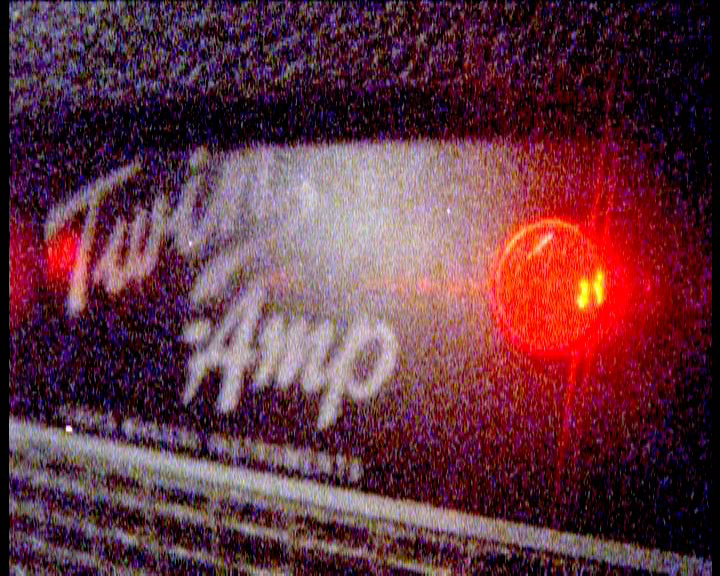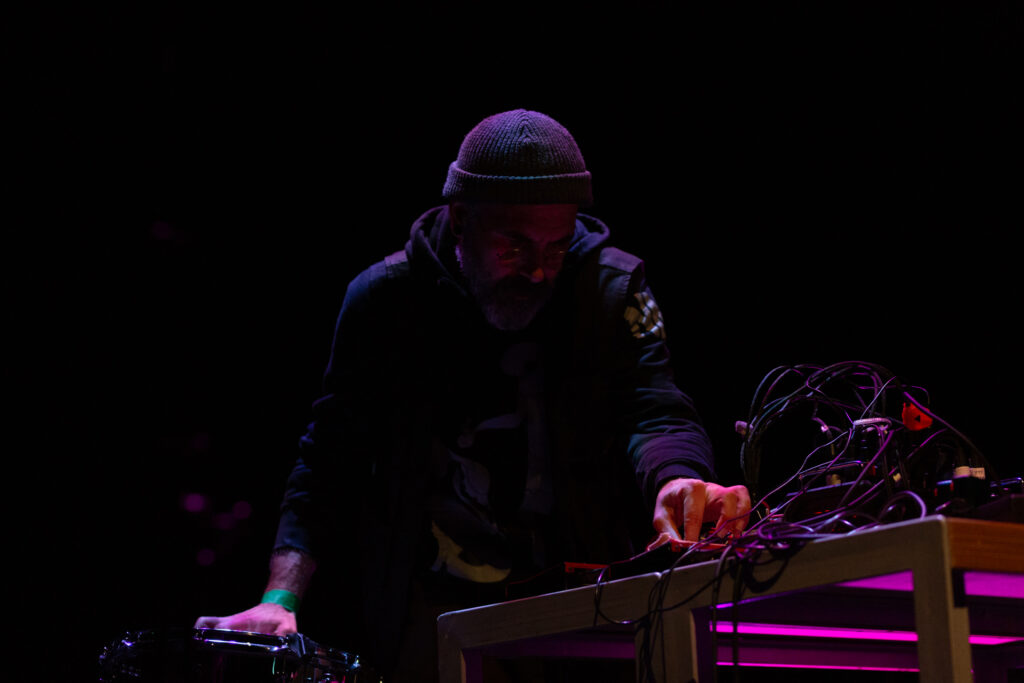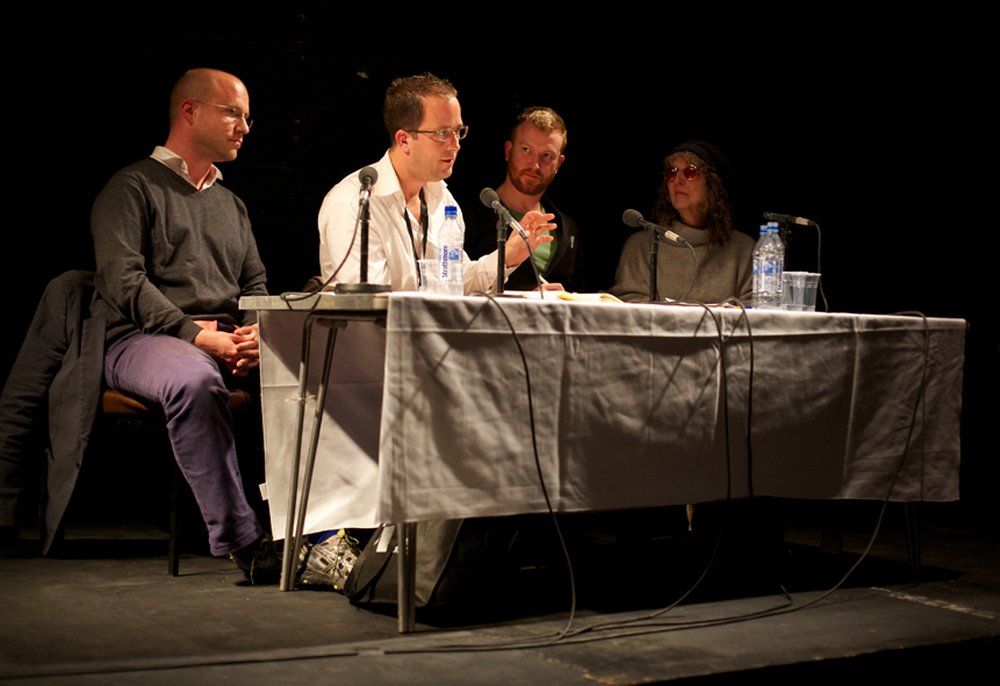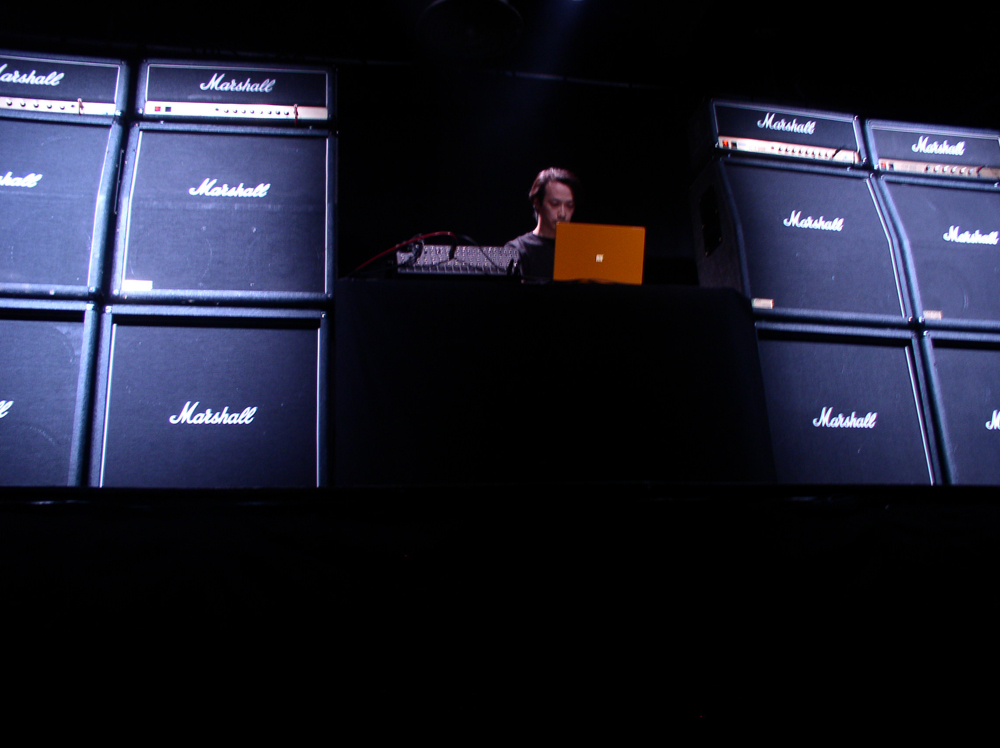
Entangling history, phenomenology, metaphysics, culture, and mathematics: the model RTSK
Fernando Zalamea
Profound mathematical ideas for romantics, to help us linger in the difference we share.
Arika have been creating events since 2001. The Archive is space to share the documentation of our work, over 600 events from the past 20 years. Browse the archive by event, artists and collections, explore using theme pairs, or use the index for a comprehensive overview.

Profound mathematical ideas for romantics, to help us linger in the difference we share.

An invitation into languages field of touch; to speak in feeling together.

Freeform Super 8mm documentation of Saturday at Instal 06 by filmmaker Matt Hulse.
A day of presentations and discussions on the theme of audio visual perception in the context of experimental music, film and art.

For day three of Ultra-red’s project, the investigation will take up protocols for listening to the sound of freedom composed and facilitated by Nancy Nevárez.

The most sophisticated synthetic music around: timbrally otherwise body music as sonified fictions and auditive sociograms.

Electronic music, time, thought, the word, and consecutive matters
West Coast drone-age guitar grumbler/ consumer electronic reclaimer meets free-thinking clang/ chime/ drone bluesman of The East.

Finnish duo Grönlund Nisunen are known for their extraordinary work fusing incredible sounds with stunning objects in large scale sculptural installations.

Paul Sharits’ Shutter Interface is a multi screen installation born of an intent to reveal the material substance of cinema in its purest form: spatially.

CCI Sound system: a performance in which new material will be mixed and phased between two huge PA’s, one a precise Meyer system, the other a huge wall of Marshall amps

Dave will lead a session created for teenagers and designed to stimulate a supportive environment for artistic exploration through music improvisation.